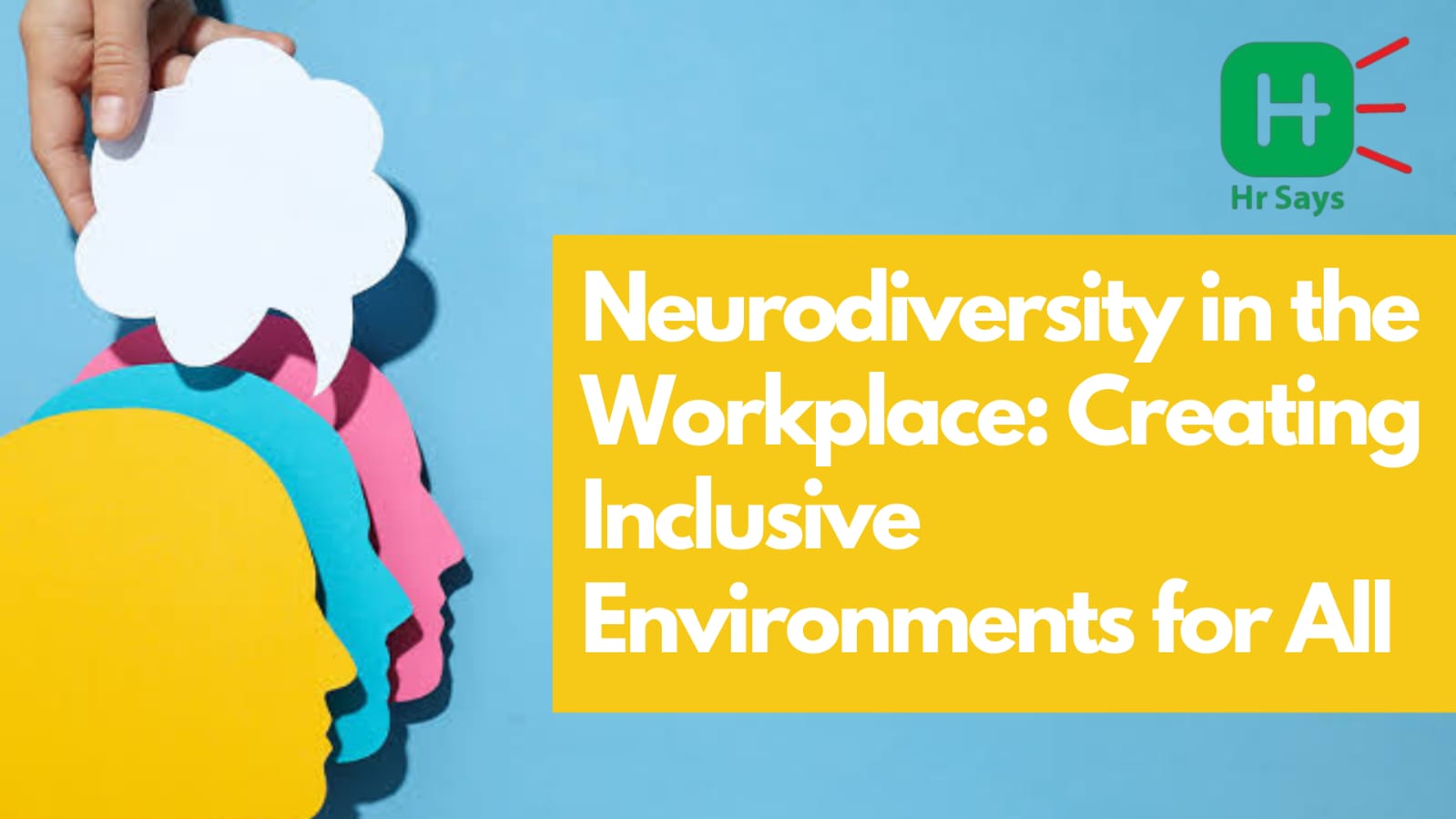Picture Rohan, a 24 year old data analyst in Pune. He solves complex coding puzzles in minutes but struggles with team meetings. The fluorescent lights bother him, his colleague’s perfume gives him headaches and small talk feels like deciphering Morse code. His manager labels him disengaged. What if Rohan is not the problem, but the workplace is ?
Neurodiversity, the idea that brains work differently and that is okay, is reshaping global workplaces. In India, where stigma around conditions like autism, ADHD or dyslexia still lingers, it is time to ask: How can we turn workplaces into spaces where every mind thrives ? Let us dive in, one candid conversation at a time.
What is Neurodiversity ?
Neurodiversity argues that conditions like autism, ADHD or dyslexia are not flaws, they are natural variations. Think of it like this: If everyone used the same app, innovation would stall. Similarly, workplaces need different operating systems to solve problems creatively.
A Mumbai HR head admits, we once rejected a candidate for not making eye contact. Later, we learned he was autistic and a genius at spotting data patterns.
Indian context:
India’s education system often labels neurodivergent kids as slow or difficult. By adulthood, many mask their traits to fit in, leading to burnout. A Bengaluru techie with ADHD shares, i forced myself to sit still for hours, but my best ideas came during walks. Now I work remotely, productivity doubled.
Why neurodiversity matters:
Innovation goldmine: Neurodivergent minds excel in pattern recognition, hyperfocus and out of the box thinking. A Delhi IT firm hired an autistic employee for software testing. Result ? He found 30% more bugs than the team average. His attention to detail was superhuman, says his manager.
Retention revolution: Turnover costs Indian companies ₹10 to 15 lakh per employee. Neurodivergent staff, when supported, often stay loyal. A Chennai graphic design studio adjusted deadlines for a dyslexic artist. She is our most innovative designer now, says the founder. We just had to let her work at her own pace.
Building inclusion:
Sensory zones: Fluorescent lights and chatter overwhelm many. Create quiet corners with dim lighting, a Mumbai startup uses a Zen Room, with bean bags and noise canceling headphones.
Flexible schedules: Let night owls code post 10 PM. A Gurugram fintech firm allows ADHD employees to break tasks into 25 minute sprints with movement breaks.
Clear communication: Replace vague instructions (Be proactive) with specifics (Submit the report by 3 PM Tuesday).
Training teams:
Neurodiversity is not just HR’s job. Train teams with:
Myth busting workshops: No, autism is not caused by poor parenting.
Simulation exercises: Experience sensory overload via apps that mimic hypersensitivity.
Storytelling sessions: Colleagues share their neurodivergent journeys. After Riya explained her ADHD, we stopped calling her distracted, says a Kolkata team lead.
Success stories:
SAP hires autistic professionals for roles like data management and testing. Adjustments include:
Using visual task boards instead of verbal briefs.
Assigning mentors to navigate social nuances.
Result ? 90% retention rate and a 60% spike in process efficiency.
Mindful gurukul:
This ed tech firm redesigned interviews for dyslexic candidates:
Oral assessments instead of written tests.
Skill based tasks (e.g. Design a lesson plan) over resumes.
Now, 40% of their content team is neurodivergent. Their creativity is our USP, says the CEO.
The roadblocks:
Log Kya Kahenge ? (What will people say ?)
Fear of gossip stops many Indian employers. A Jaipur HR manager confesses, parents asked if their child would catch autism from a colleague. Combat myths with:
Awareness campaigns featuring neurodivergent employees.
Celebrating neurodiversity week with quizzes and guest talks.
Policy gaps:
India’s Rights of Persons with Disabilities Act covers some neurodivergent conditions, but implementation is patchy. Companies must go beyond compliance, like a Kochi firm offering mental health days for ADHD burnout.
Conclusion:
Neurodiversity is not about charity. It is about recognizing that the employee who hates meetings might be your next innovator and the quiet coder who avoids eye contact could debug a system in minutes. For India, a country that thrives on diversity, this is a chance to lead, not just follow.
As Rohan’s manager realized after switching him to remote work: His code is poetry. We just needed to mute the noise.
Ready to rethink normal ? Start with one small change this week; a flexible deadline, a quiet corner or a coffee chat with a neurodivergent colleague. After all, workplaces are not made for robots. They are made for humans.

 Neurodiversity is not about charity. It is about recognizing that the employee who hates meetings might be your next innovator and the quiet coder who avoids eye contact could debug a system in minutes.
Neurodiversity is not about charity. It is about recognizing that the employee who hates meetings might be your next innovator and the quiet coder who avoids eye contact could debug a system in minutes.








.jpeg)
.jpeg)

.jpeg)





.jpeg)



.jpeg)

.jpeg)



